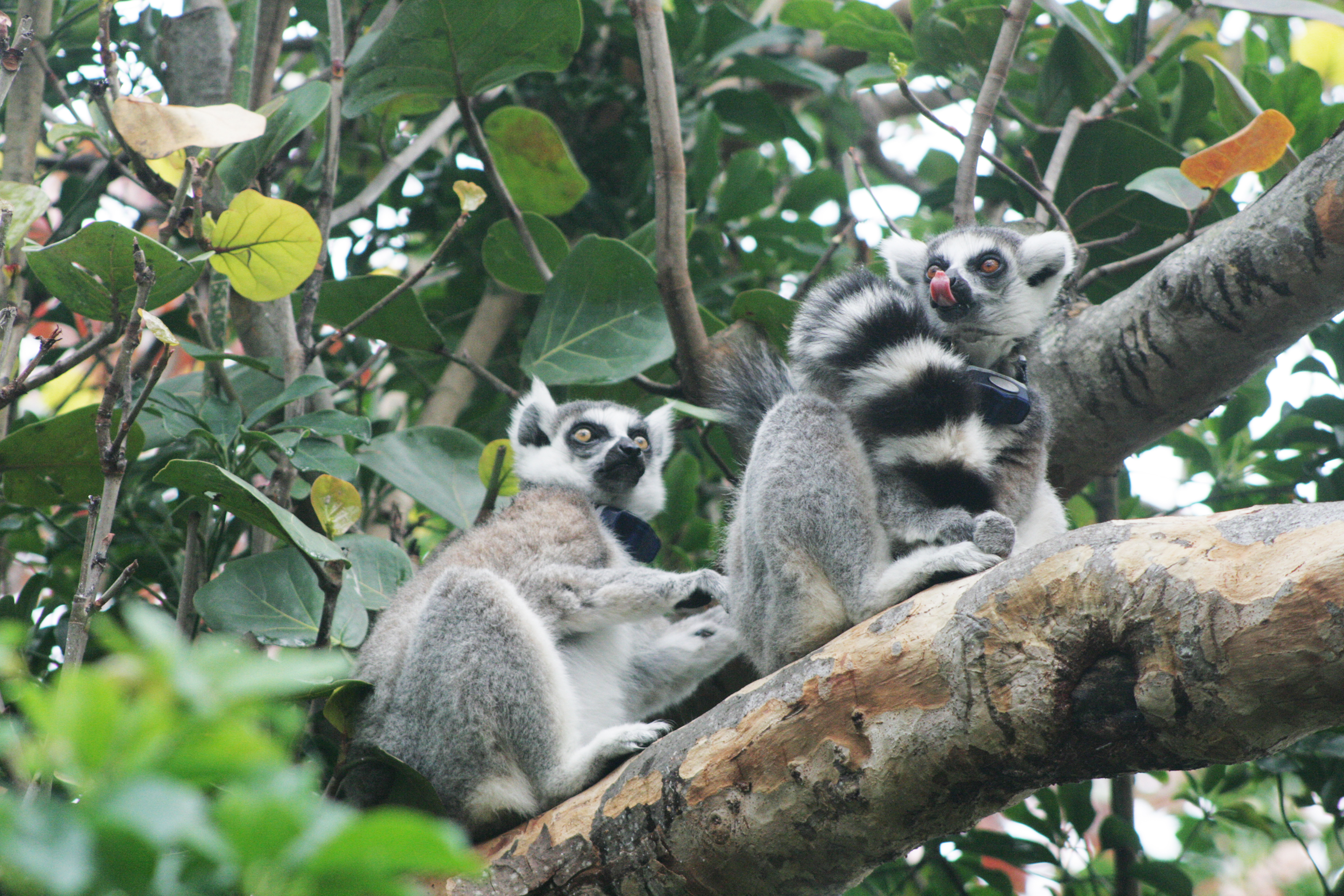Recent News
Flamingos on the moveSaturday, June 02, 2012
Plastic flamingos will be paying surprise visits across the Island this month — as they move on from their starting point on the lawns of Government House.
Governor Launches BZS Flamingo Fundraiser
Friday, June 01, 2012
Bermuda’s new Governor George Fergusson today [June 1] helped Bermuda Zoological Society [BZS] launch its annual “Flamingo Flocking Fun-raiser” on the Government House lawn.
Rescue effort unable to save stranded whale
Friday, June 01, 2012
A 17-foot minke whale calf that died after wandering into the shallows of St George's Harbour was salvaged for research by its would-be rescuers.
Whale dies despite rescue bid
Thursday, May 31, 2012
FRIDAY, JUNE 1 UPDATE: Volunteers fought desperately to save a stricken baby whale that beached itself in St George’s yesterday.
Lemurs check-in and check out their new home
Thursday, May 31, 2012
Three ring-tailed lemurs have been introduced to the Madagascar Exhibit at Bermuda Aquarium, Museum and Zoo.
About
GovernanceAbout Us
Newsletter
Latest News
Gift & Bookstore
Contact
General Inquiries
info@bzs.bm
Latest News
All the latest updates and news from the Bermuda Aquarium, Museum, and Zoo, one of Bermuda's leading visitor attractions!

The residents of the Bermuda Aquarium Museum and Zoo have not received Covid-19 vaccinations, but that could change as research continues.
Ian Walker, principle curator at BAMZ, confirmed that while some larger zoos in the United States have been working with a vaccine manufacturer to test a potential vaccine on a variety of species, no such vaccinations have been performed at BAMZ.
Dr Walker said: “It is my understanding that the United States Department of Agriculture has approved this vaccine for experimental use on a case-by-case basis in the United States only.”
He added that the number of species known to contract Covid-19 – and show symptoms of the virus – is still growing.
Dr Walker said: “The number of species of animals that are known to become infected, including showing symptoms, with this virus are growing.
“This is why we have taken the strict precautions we have at BAMZ from the start of the pandemic. These precautions help to protect our staff, animals and our visitors.
“We will continue to follow the science, work with our partners and will vaccinate the appropriate animal populations when a vaccine has been approved and we can gain access to it.”
The US-based Centres for Disease Control said that “companion animals” such as cats and dogs, along with several other species, have been able to contract the virus.
The CDC said: “There have been reports of animals infected with the virus worldwide. Most of these animals became infected after contact with people with Covid-19.”
Along with a small number of pets, zoo animals including lions, tigers, pumas, cougars, snow leopards and gorillas have tested positive for Covid-19 after showing signs of illness.
Minks at farms in several countries have also been shown to contract the virus, with mink to human spread of Covid-19 reported in the Netherlands, Denmark and Poland.
Recent experimental research has shown that many other mammals, including bank voles, ferrets, fruit bats, hamsters, pigs, rabbits, racoon dogs, tree shrews and white-tailed deer can be infected with the virus.


